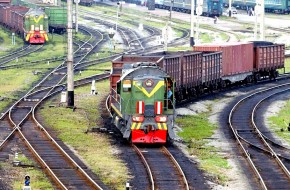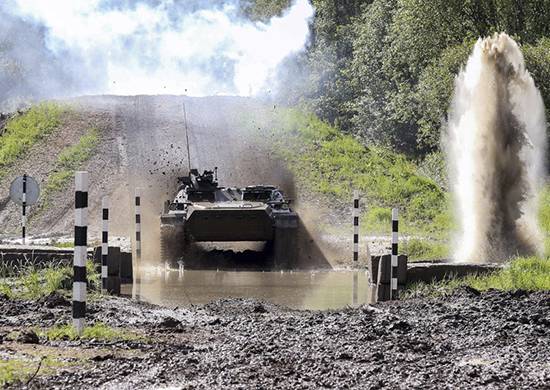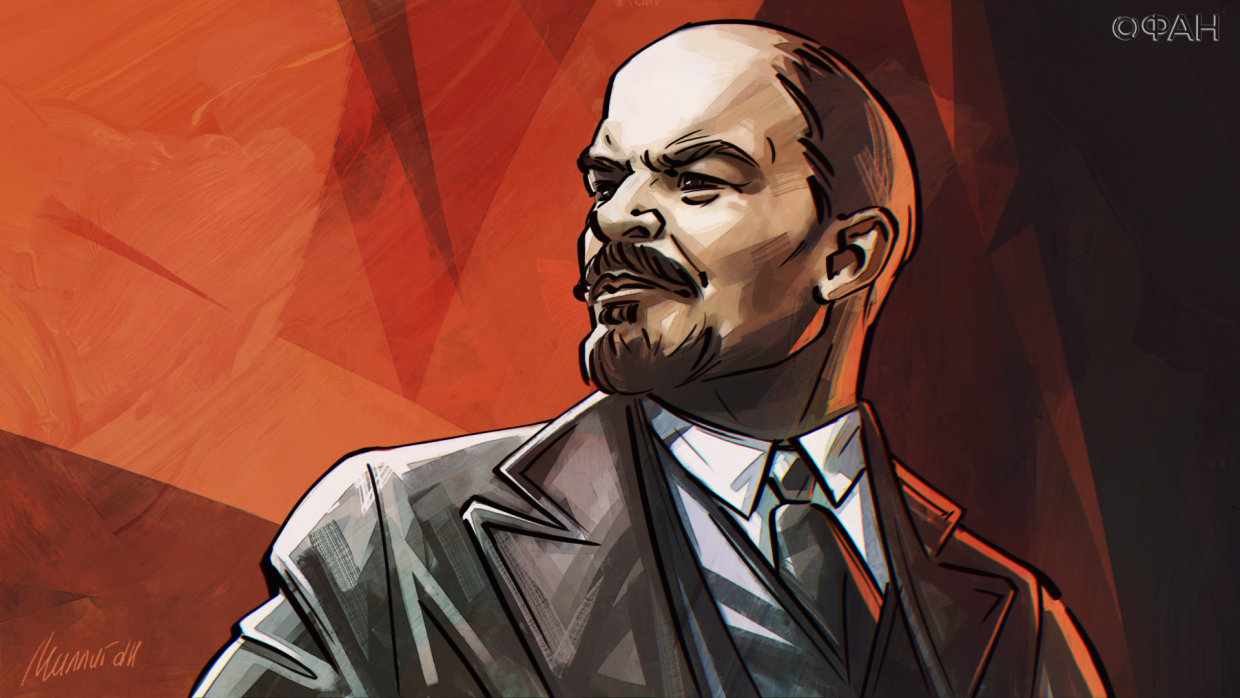
What Russian does not like to harness for a long time? Debate about, where and how to build high-speed railways, are already in their second five-year plan - the Chinese have built several thousand kilometers of such highways during this time.
There is no agreement among comrades
Prime Minister Dmitry Medvedev signed the document, giving rise to the construction of high-speed highways (VSM) in Russia. But this project has a lot of opponents, therefore it is possible, that it will be returned for revision, and even put under the cloth.
Even within the government there is no unity on this issue.. Finance Minister and First Deputy Prime Minister Anton Siluanov, who already went down in history as a great tax and pension reformer, believes, that the planned flow of passengers between Moscow and Nizhny Novgorod is greatly exaggerated. Asking your signature question: "Will there be an economy here??», Siluanov refused to endorse the relevant report, prepared by another vice-premier, Maxim Akimov. Siluanov's former deputy also opposes the project., now developing his ideas at the Ministry of Economic Development, Maxim Oreshkin. He considers (apparently, rightly), that in the foreseeable future only one HSR can pay off in Russia: Moscow, Saint Petersburg.
In this way, Medvedev and Akimov (concurrently head of the Board of Directors of JSC Russian Railways) – for a project, while Siluanov and Oreshkin are against. Now Russian President Vladimir Putin must decide, whose opinion on this issue is more important for him. And is it worth it now to spend money on an unusual project for the country.
And a lot of money. Medvedev approved the option, according to which the section Moscow - Nizhny Novgorod (rather, Zheleznodorozhny - Gorokhovets, it is planned to build terminals in these cities) will cost 621,5 trillion, and state of them - 400 trillions (in half from the federal budget and Russian Railways). The total cost of the section Moscow - Kazan - 1,7 trillion. Project participants are promised tax benefits.
Remains of the Silk Road
Initially, this road was designed by a consortium with the participation of Mosgiprotrans., Nizhegorodmetroproekt and… China Railway Eryuan Engineering Group. The participation of the Chinese is explained simply - firstly, this country has accumulated vast experience in the construction of high-speed lines, and secondly, initially it was Beijing - not Moscow! - insisted on the construction of such highways in Russia. Why do they need it?
To quickly and cheaply drive goods to Europe, in China, they developed the Silk Road project - a set of new transport routes from East to West. In the project of the northern direction of this "Way" for a long time there was a call to Russia from Kazakhstan in the Chelyabinsk region, dash north to Yekaterinburg, then turn west through the Ural Range to Kazan, and then through Nizhny Novgorod - Moscow - Minsk to the blessed Western world, for the sake of connection with which everything, properly, and started. Such a route would give the Chinese another way to transport their goods to Europe - a significantly cheaper one., than air, and faster, than marine.
Alas, the Russian piece of the "Way" has been melting for several years in a row, and in the last known version of it, the entrance to Russia was planned ... in the Bryansk region, from there to Kaluga - Moscow, and a sharp turn to the west. AT 2013 Vladimir Yakunin, then head of Russian Railways, rightly said: "Even if we take 1% from cargo turnover between Asia and Europe, then this will amount to a huge amount for Russian railway workers, exceeding 6 or 7 billion a year. Naturally, that we all fight, and European railroads, and Asian, for it, so that this volume increases ... I think, that, given the high-speed message, this percentage will change, and we will take our share of this market”.
But wait for favors from China, it seems, no longer have to - since they managed to prefer the Ukrainian route to the Urals (but once there was a Siberian version). The Chinese have ceased to pedal the subject of the "Silk Road" in Russia, including because, what, as in banking, afraid of American sanctions. After all, the most likely executors of the contract from Russia are sanctioned enterprises, for example, "Stroytransgaz" Gennady Timchenko.
Russian President Vladimir Putin has not yet expressed his point of view directly., but already made it clear, that the invested money should remain in Russia. That is, the participation of the Chinese side will be minimal - if at all.. A meeting on this topic will be held on the 20th of March.
Infrastructure - for the colonizers?
We guess, it's for the best. If Russia is not able to build its own railway, it's already a stretch, raising natural questions about the capacity of the state as such. But surprisingly, the project aroused resistance not only from the accountant Maxim Oreshkin, but also among people with state thinking - highly valued by us economists of a patriotic orientation. It would seem, these people should rejoice more than others about, for Russia to become dynamic, high-tech state. But no:
“As for the development of infrastructure, there is a very dangerous moment here. Can't hope for it, what, building railroads and airports, we will strengthen the country and develop its economy. Everything is exactly the opposite: economic development determines the development of infrastructure. And now we are improving the transport network mainly to, to allow richer countries to have convenient access to our cheap raw material market. That is, we thereby consolidate our technological, and behind it the social backwardness from these states”, Elena Veduta says.
“Infrastructure is indeed seen as a priority budget item. The natives must build railroads and highways, install power lines, create logistics objects, build sea and air ports and much more. But all this is not for the sake of the local population., but for that, so that transnational corporations can come to this country and begin its effective operation ", - Valentin Katasonov echoes her.
Let us disagree with respected experts. Yes, for centuries all sorts of invaders stumbled on our roads and drowned in our swamps, but times have changed - American missiles do not care about the quality of the Smolensk tract. Now it seems obvious, that for active development, the largest country in the world must have the fastest transport. Unity of Russia, which the ruling party put into its very name, impossible without speed, varied, well-established communications. And such communications need to be established, and preferably yesterday.
Develop Russia, not the Moscow region
In this regard, a very interesting idea was expressed by the head of the Infranews agency, transport expert Alexey Bezborodov. She's worth it, to quote it in sufficient detail:
“The Moscow-Nizhny Novgorod-Kazan highway is an unnecessary project. I believe, what needs to be connected with other cities of the country, and Moscow already has enough connections with the outside world, she does not need additional history for this.
Why once again connect Moscow with Nizhny Novgorod and Kazan, if between Moscow and Nizhny Novgorod there is a "Swallow", which takes about three hours, and there are a lot of night trains and flights to Kazan? What else is missing?
High-speed rail is not profitable, but they still need to be developed.. Only all experiments should be put on the regions, and connect Moscow last.
Oreshkin's problem is, that he has long been an official, and therefore does not understand one simple thing: we have Moscow and St. Petersburg connected by all means - planes fly, like trams, peregrine falcons leave every hour, there are two highways M10 and M11. more connected, than Moscow and St. Petersburg, not a single pair of the world's largest metropolitan areas. Only Shanghai and Beijing, with their huge populations, have about the same connectivity.
So we need to connect millionaires with each other: start from Ural, then go to Siberia, then figure it out - to the Far East or somewhere else. Moscow has already received a fair amount of infrastructure investment in recent years. No need to speed up the already chaotic movement here.
What about profitability, then such roads simply give a certain effect on the mobility of the population. The faster the population moves, the more money in the state. When talking about freight transportation on high-speed lines, they mean, that several small containers will be placed in the central car. Nobody uses high-speed lines for large cargo transportation anywhere - not in Germany, nor in France, not in Spain...
Let's give an analogy - let's put, you worked on the assembly line for a long time, sitting screwed the same nuts. As a result, you have well-developed triceps, brachioradialis and long palmar muscles of the right hand. Are you aware, that the body has become a little asymmetrical, but after work, come to the gym and, with the persistence of a maniac, pump only these same muscles, not paying attention to the flabby left shoulder, no fat on the ass, not on fragile legs.
This is what the idea of investing in the development of transport links between Moscow and St. Petersburg looks like. If it's really profitable - don't worry, there will be private business, collect permits and build everything, what do you need. Public money should be spent differently.
The price of a long wait
The deputy of the State Duma agrees with this, member of the Transport and Construction Committee Alexander Starovoitov. He is convinced, that “... it is necessary to develop the transport network, especially the faster network, in any case, this is a plus for our economy. And if each time we approach the issue from the point of view of the economy - “let's invest now this money in the road network, and it will pay off in 10, 15, 20 years", then it's easier not to build roads, because we are not able to calculate the state of our economy even in five years. So the question should be: can our economy today spend money on a particular project? If she survives, if the project does not become in the course of construction in 2-3 times more, then this project should be implemented.
Yes, Oreshkin and Siluanov rely on numbers, on economic feasibility, but I think, that the prime minister still has a more objective picture. We have a huge amount of cargo going from Asia to Europe and back, and if they followed through the Russian Federation, we could make money from it. Everything is going around now, and we don't earn anything, all this twenty years did not earn. This is the price of our mistake, the price of that, what are we waiting for, expect, we wait - and do not take actions for the development of all types of transport: and high-speed railway, and through good tracks, which could provide a high level of speed on highways. So we're just wasting money.".
This is a perfect answer to Siluanov's question., is there an economy. Therefore, we hope, that the president will make a positive decision on Akimov's report, and things will get off the ground already in 2019 year. And that in parallel with the construction of the Nizhny Novgorod section, the most difficult section of the future highway will be planned - through the Ural passes to the flourishing Yekaterinburg. And there, God willing, – Tyumen, Omsk, Novosibirsk. for 15 hours by train from Novosibirsk to Moscow is, agree, will be stronger than Goethe's Faust.
Mikhail Melnikov










